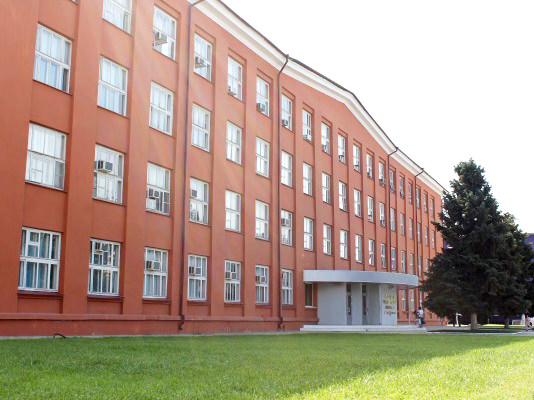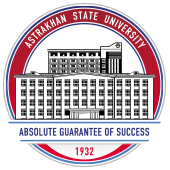ASU to Graduate City Managers
 19.05.2015
19.05.2015
Astrakhan State University is delivering a new program of extra professional education – “Municipality Development Administration: Technologies to Form Sustainable Comparative Advantages” within the specialty “City Management (Municipality Administration)”.
The program is delivered within the Presidential Program at ASU. Speaking about its main goals, Dr. Tatyana Mordasova, Chief of the Center of Qualified Management Training Administration Programs, remarks: “The role of local municipality administration is changing today radically. Many technologies that are typical for administration of business processes are now used to administer a municipality as well. It’s chiefs of Astrakhan Region’s village administrations who are covering this program now”.
Developing the 120-hour syllabus, the program organizers have tried to identify blocks that meet their trainees’ interests. In particular, the program includes five modules: Economic & Legal Training of City Manager, Socially Oriented Training of City Manager, Municipality Administration & Planning, Organizational & Managerial Training of City Manager, and Areal Development workshops. “Issues that are under consideration at our classes”, Dr. Mordasova points out, “are interesting from the hands-on point of view. Our trainees are active chiefs of our regional municipalities; they can exchange their experience, for example, in assessment of administration advantages and risks, in mobilization of resources of the income part of a municipality budget, and so on. As our educational program is based on the client-oriented approach, we set up a feedback with our trainees to determine which issues are of higher priority for them. That’ll help us enhance the quality of our future trainee’s education”.
Coverage of the program is to be completed by defending a final project. All the trainees have been united into two groups, one of which will develop strategies to mobilize the income part of the budget of the village of Yaksatovo located near the city of Astrakhan. The other group will develop a model of areal public administration of a rural municipality. Both groups are guided by experienced research supervisors who work with Astrakhan Region’s legal authorities and public organizations.
Although their studies began not long ago, the trainees have already got their initial impressions of the new program. As they say, the most valuable skills that they obtain during seminars, trainings, and discussions are related to resolution of HR issues, to quick decision-making under conditions of economic reforms and changing legislation, to distribution of a limited budget, to attraction of investors, to non-financial motivation of staff, etc. In their opinion, the program syllabus has been arranged skillfully, and their instructors’ professional level is very high. What is especially important, all the techniques and technologies may definitely be used in practice to administer a particular municipality.
Interviewed by T.Yu. Gavrilkina (the Innovative Laboratory of Information Linguistics of ASU)


